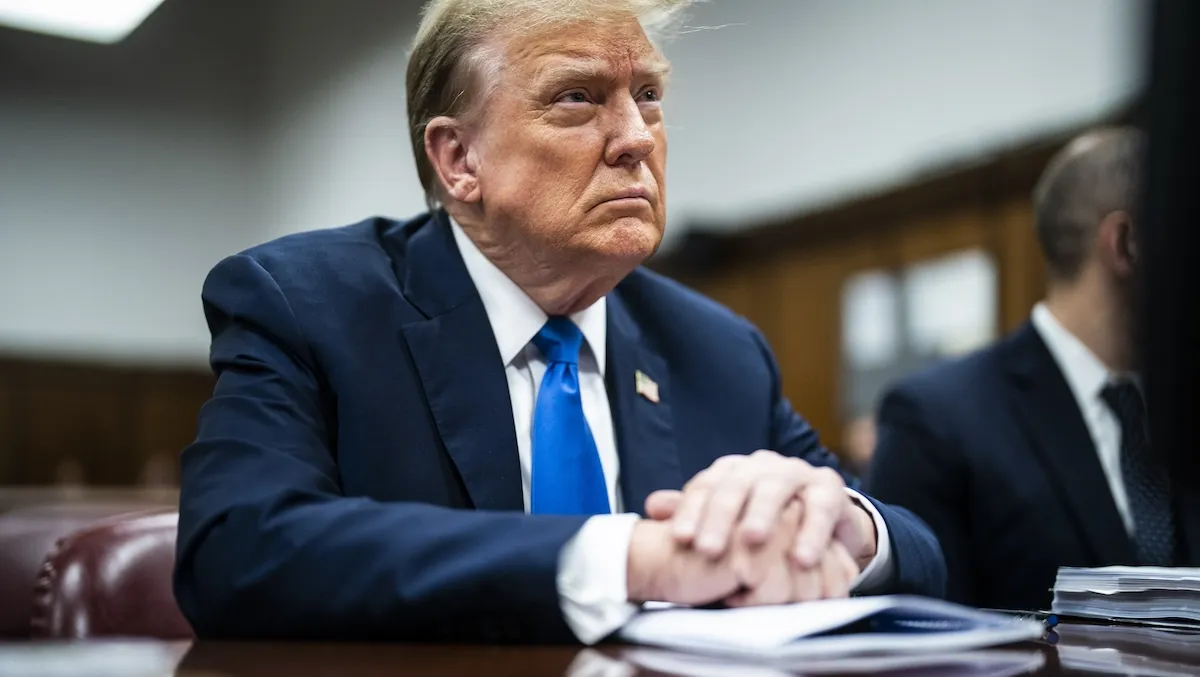What to Know
- As more and more individuals continue to get vaccinated against COVID-19, the CDC-issued vaccination card has become a prized possession
- Many are wondering what they should do with this modest-looking white card that may be the golden ticket to participating in certain events
- We've compiled answers to some of the most frequently asked questions about the COVID-19 Vaccination Record Card
As more and more individuals continue to get vaccinated against COVID-19, the CDC-issued vaccination card has become a prized possession.
However, while the country sees itself in the inoculation phase of fighting the pandemic, many are wondering what they should do with this modest-looking white card that may be the golden ticket to participating in certain events.
With that in mind, we've compiled answers to some of the most frequently asked questions about the COVID-19 Vaccination Record Card.
Get Tri-state area news and weather forecasts to your inbox. Sign up for NBC New York newsletters.
What should I do when I first get my vaccination card?
First thing is first, at your initial vaccination appointment, you should have received a vaccination card that tells you what COVID-19 vaccine you received, the date you received it, what lot number the vaccine is from and where you received it. You should bring this vaccination card to your second vaccination appointment.
Keep your vaccination card in case you need it for future use. The CDC also suggests taking a picture of your vaccination card as a backup copy.
News
What if I didn't receive a vaccination card after getting my first dose?
If you did not receive a COVID-19 vaccination card at your first appointment, contact the vaccination provider site where you got your first shot or your state health department to find out how you can get a card, the CDC suggests.
What should I do if I lose my vaccination card?
If you have lost your vaccination card or don’t have a copy, the CDC recommends contacting your vaccination provider directly to access your vaccination record.
If you cannot contact your vaccination provider directly, you may also contact your state health department’s immunization information system (IIS) since vaccination providers are required to report COVID-19 vaccinations to their IIS and related systems. You can also find state IIS information on the CDC website.
If you enrolled in v-safe or VaxText after your first vaccine dose, you can access your vaccination information via these tools.
However, if you have made every effort to locate your vaccination information, are unable to get a copy or replacement of your vaccination card, and still need a second shot, the CDC recommends talking to a vaccination provider to figure out what the next steps should be.
Should I laminate my vaccination card?
You should keep in mind that if you do decide to laminate your vaccination card, vaccine providers will not be able to write additional information on it if, for example, the public ends up needing a booster shot in the future. However, there are vaccination card protective sleeves that can be purchased online to shield your card form the elements. If you are afraid to bring your vaccine card around wherever you go, remember that the CDC suggests taking a photo of the card and saving it. Unless you are required to show a hard copy of your vaccination card, showing a photo of your card may be accepted.
Do I need the vaccination card to travel?
The CDC advises people against travel unless they have been vaccinated. If you must travel, the agency recommends testing one to three days before a trip and following all coronavirus guidance at your destination.
Some countries, cruise lines and major sports venues are already requiring travelers to provide proof that they have been fully vaccinated against COVID-19 so chances are you may need the hard copy of your vaccination card.
As the cruise ship industry aims to relaunch, Norwegian, Royal Caribbean, American Cruise Lines and others have announced vaccine requirements. However, their requirements vary.
For example, according to the cruse line, Royal Caribbean is "requiring guests 18 years and older to be fully vaccinated for COVID-19, along with all crew members onboard. Each guest must submit proof of vaccination no later than boarding day, in the form of the original vaccination record document issued by either (1) the country’s health authority that administered the vaccination (e.g., U.S. CDC's Vaccination Record Card) or (2) the guest's medical provider that administered the vaccination. Electronic vaccination records will only be accepted for residents of those countries where electronic documentation is the standard issued form."
Norwegian also is requiring all of its guests and crew aboard cruises with embarkation dates through Oct. 31, 2021 to be fully vaccinated and tested prior to boarding.
On the other hand, American Cruise Lines guidelines say that "fully vaccinated guests are not required to obtain a COVID-19 test prior to travelling to the ship and will be asked to present proof of the vaccine (i.e. vaccination card) at time of boarding. A guest is considered fully vaccinated two weeks after receiving the last recommended dose of vaccine." However, those who are not vaccinated must submit to a COVID-19 test within 4 days of the start of their cruise package.
As protocols evolve and additional information becomes available, it is best to check with your airlines or cruise ship to find out the precise requirements needed to board, as well as the requirements needed when it comes to your destination.
Do I need my vaccination card to attend events open to the public, like sporting events?
Some sporting venues have already implemented vaccination and/or testing requirements, including in the tri-state area.
The NFL Bills were Gov. Andrew Cuomo's test case for reopening larger venues in person earlier this year. That pilot became the model for reopening Barclays Center and Madison Square Garden and will guide the reopening process for larger venues going forward, officials say.
New York hopes to use its Excelsior Pass, a first-of-its-kind digital passport -- designed to securely display New Yorkers' COVID-related information and help authenticate a person's vaccination or proof of a recent negative COVID-19 test -- to fast-track the reopening of stadiums, theaters and businesses in accordance with state health guidelines until vaccinations reach critical mass, for which Cuomo puts the low threshold around 75 percent. (Here's a detailed look on how that first-of-its kind app works.)
I'm a college student. Do I need my vaccination card?
Depends. Some colleges and universities have announced that they will only start accepting students with proof of a COVID-19 vaccination in the fall for in-person learning.
Rutgers became one of the first large universities in the country to establish a COVID-19 vaccine requirement.
Since then, a number of institutions like Cornell, Duke, and Brown have made vaccination requirement announcements.
Check with your school to see what their requirements are.
What about personal information safeguards when it comes to the vaccination card?
We've all seen them popping up in our social media feeds: the ubiquitous vaccination card selfie.
These celebratory photos come after more than a year of the world battling a serious pandemic, but keep in mind that these small cards hold a significant amount of information.
The COVID-19 vaccination card typically includes, not only your name, the date you received your vaccine, what vaccine you received, where you received it, and the lot number of the vaccine, but some places also include your birth date, and your patient medical number/IIS number. So just be mindful of the information you are disclosing if you decide to smile for the camera along with your vaccination card.
Yes, paper records can be lost and even forged. However, there are a range of efforts underway to use technology to certify vaccination status. For example, New York's Excelsior Pass, which was designed to securely display New Yorkers' COVID-related information and help authenticate a person's vaccination or proof of a recent negative COVID-19 test, is in use.
The World Health Organization has also formed a Smart Vaccination Certification working group with the goal of creating common standards for digital vaccination certificates. These standards will address privacy, security, authentication and data exchange.
But for now, keep your paper vaccination cards safe and handy if you should ever need them in the future.



